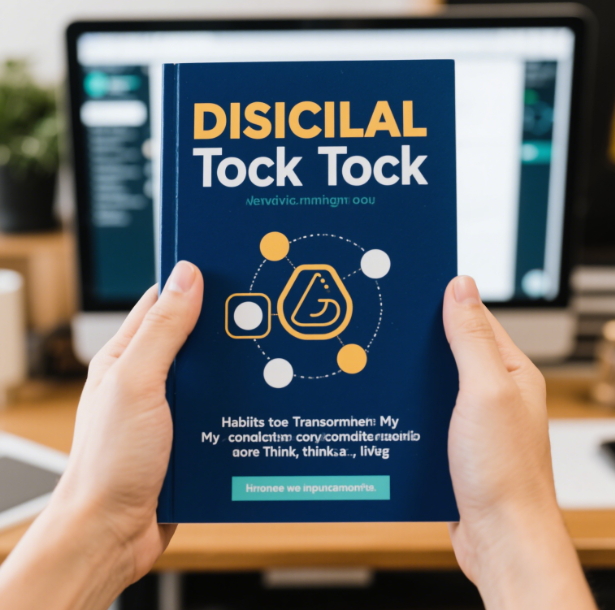In the intricate tapestry of life, discipline serves as the thread that weaves together productivity, clarity, and fulfillment. For a coder, it’s the difference between a chaotic stream of half – baked ideas and a seamless flow of elegant, efficient code. Over time, I’ve assembled a toolkit of habits that have not only elevated my coding prowess but also enhanced my cognitive abilities and overall quality of life. These habits are the building blocks of a disciplined existence, and they’ve become indispensable companions on my journey.
The Morning Ritual: Setting the Tone
The way we start our day often sets the tone for what follows. My morning ritual is a carefully curated sequence of activities designed to prime my mind and body for the challenges ahead. I begin by waking up at the same time every day, regardless of whether it’s a weekday or the weekend. This consistency helps regulate my internal clock, ensuring that I’m alert and focused when I need to be.
After waking, I engage in a short meditation session. Even just five minutes of deep breathing and mindfulness can work wonders in clearing the mental fog and centering my thoughts. This is followed by a quick workout, whether it’s a brisk walk, a few yoga poses, or a short strength – training routine. Physical activity not only boosts my energy levels but also releases endorphins, which improve my mood and mental clarity.
By the time I sit down at my desk to start coding, my mind is sharp, my body is energized, and I’m in the perfect state to tackle any task that comes my way. This morning ritual is the foundation upon which the rest of my day is built.
The Pomodoro Technique: Focus in Bursts
When it comes to coding, maintaining focus for extended periods can be a challenge. The Pomodoro Technique has been a game – changer in this regard. I break my work into 25 – minute intervals, known as “pomodoros,” followed by a 5 – minute break. After completing four pomodoros, I take a more extended break of 15 – 20 minutes.
This method forces me to stay focused during the work intervals, as I know that a short break is just around the corner. It also prevents burnout by giving my mind regular opportunities to rest and recharge. During the breaks, I make sure to step away from my computer, stretch, hydrate, or do something completely unrelated to work. This helps me come back to my coding with renewed energy and a fresh perspective.
Journaling: Unleashing Creativity and Clarity
Journaling is another powerful habit in my discipline toolkit. At the end of each day, I spend a few minutes writing down my thoughts, experiences, and any challenges I faced. This serves multiple purposes. Firstly, it helps me process my emotions and experiences, which can be especially beneficial after a long day of intense coding.
Secondly, it allows me to reflect on my work and identify areas for improvement. I might write down a particularly tricky coding problem I solved, along with the approach I took. This not only helps me remember the solution for future reference but also allows me to analyze my thought process and see if there were more efficient ways to tackle the problem.
Finally, journaling is a great way to spark creativity. By putting my thoughts on paper, I often find new ideas and connections that I might not have otherwise considered. It’s a form of free – flowing expression that helps me break out of mental ruts and approach coding and life with a more open and imaginative mindset.
Continuous Learning: A Lifelong Commitment
In the ever – evolving world of technology, standing still is not an option. I’ve made it a habit to engage in continuous learning, dedicating at least 30 minutes each day to learning something new. This could be exploring a new programming language, delving into a cutting – edge framework, or reading about the latest trends in software development.
I also seek out opportunities to learn from others, whether it’s through online courses, attending meetups, or participating in open – source projects. This habit not only keeps my skills up – to – date but also challenges me to think differently and expand my horizons. It’s a reminder that there’s always more to learn, and that growth is a continuous process.
These habits in my discipline toolkit have become second nature over time. They’ve helped me become a more proficient coder, a clearer thinker, and a more fulfilled individual. Discipline isn’t about being rigid or restrictive; it’s about creating a framework that allows us to thrive. By incorporating these habits into our daily lives, we can unlock our full potential and achieve greater success in all aspects of our existence.



